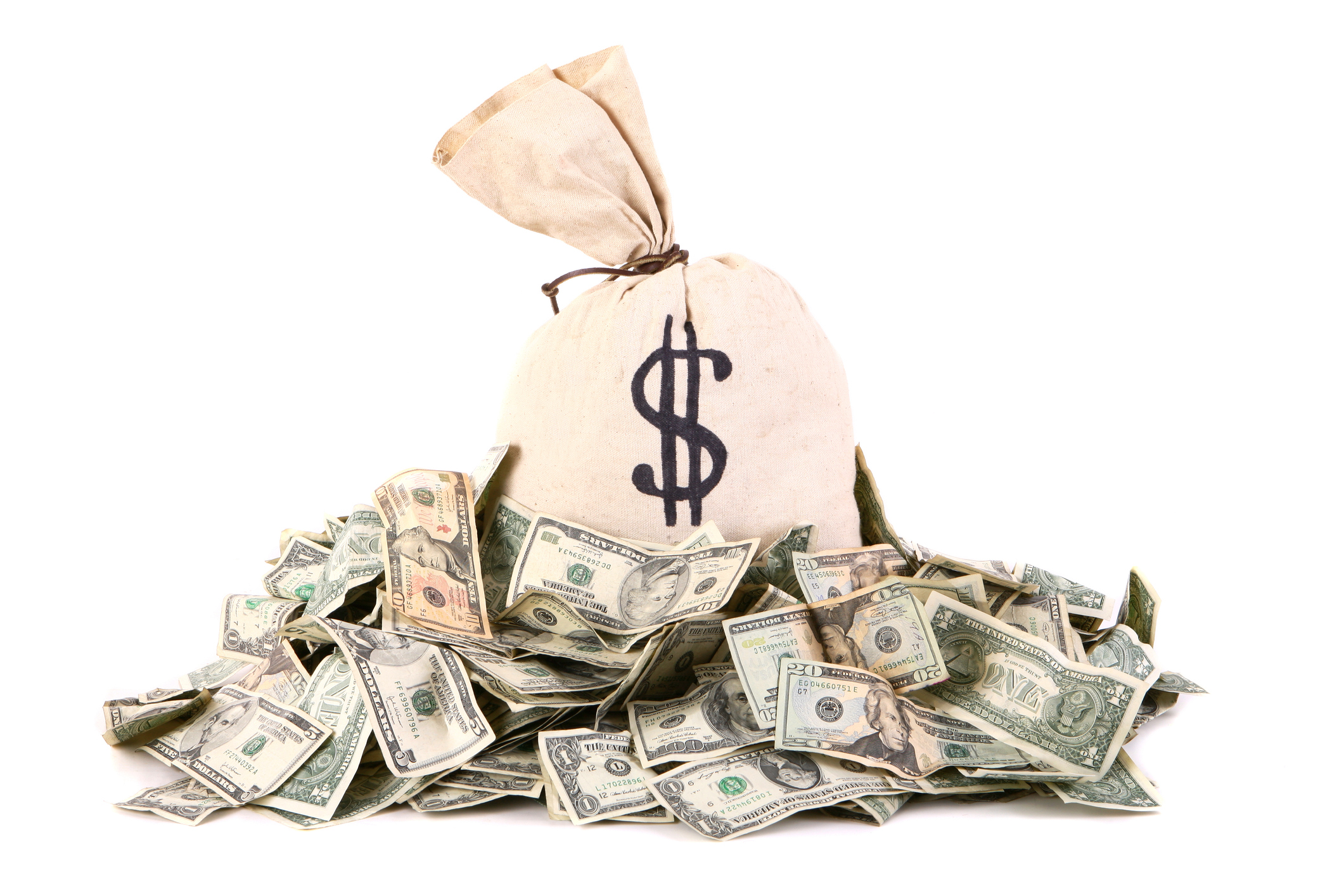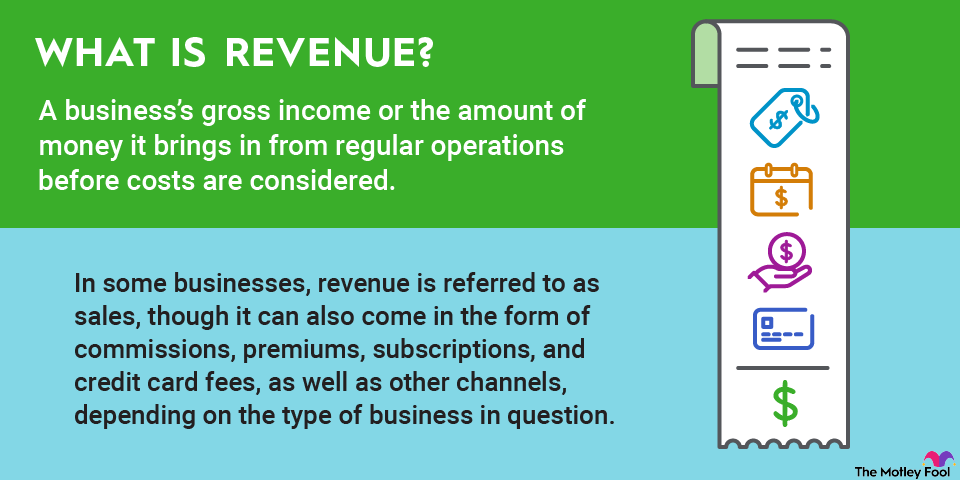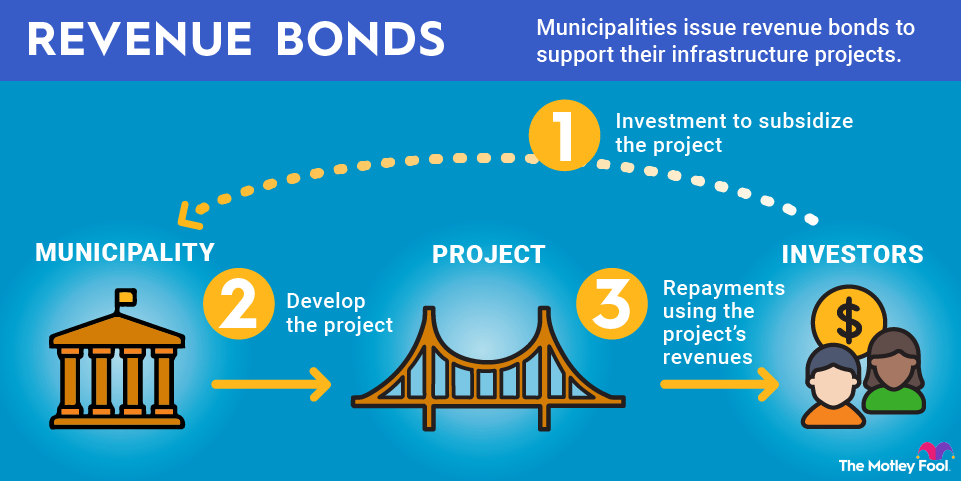When you own assets that appreciate, whether they're stocks, exchange-traded funds (ETFs), or even real estate, you'll eventually run into capital gains. What you do once you have capital gains is the real question. Here's what reinvesting capital gains may mean for you.

What does reinvesting capital gains mean?
Reinvesting capital gains, at a very basic level, means taking those proceeds from the sale of an asset that was worth more when you sold it than when you bought it and pouring that money into another investment. If you have any type of managed brokerage account, this may be an option that you can choose, freeing you up from having to decide to reinvest your accumulated capital gains on a case-by-case basis.
Real estate investing can also involve accumulating capital gains and having to decide what to do with the money when you sell. This is technically "reinvesting capital gains," but generally speaking, when someone is asking about reinvesting capital gains, they mean within the context of a brokerage or retirement account.
Pros and cons of reinvesting capital gains
Choosing whether or not to reinvest your capital gains seems like a no-brainer, but there are things to consider, and it really depends on how aggressive your broker is and where you are in your investment journey.
Choosing to reinvest your capital gains means that your broker keeps all your money working for you rather than leaving any in cash on the sidelines. This can maximize your returns, and take you out of the investing equation for the most part. It's a great option for a hands-off investor.
However, reinvesting capital gains isn't all upside. For example, if you aren't sure you'll have the cash to pay your capital gains taxes at the end of the year, reinvesting them doesn't provide you with overwhelming benefits. The cash has to come from somewhere, and it might as well come from the gains you're paying tax on. In addition, if you've reached an age at which you have to take a disbursement, choosing not to reinvest those capital gains can count toward your required minimum distributions and reduce the fees you pay when cashing out investments.
Taxation and reinvesting capital gains
Whether you reinvest your capital gains or not, you're likely to accumulate some amount of tax liability related to the investment. If your investment is held in a taxable account, the gains are always taxable for that year, even if you choose to reinvest them.
However, if your capital gains are held in an IRA, 401(k), or other tax-deferred retirement account, the taxes will come due when you withdraw the funds in retirement. In addition, capital gains from municipal bond funds may be completely tax-exempt if your state doesn't tax them; these funds are completely tax-exempt at the federal level.
Related investing topics
Reinvesting capital gains for investors
When deciding whether or not to have your broker reinvest your capital gains, it's important to consider your particular situation carefully and annually revisit your decision. If you choose to reinvest capital gains, be sure to keep enough cash on hand to pay any taxes that you may owe on those capital gains if they're held in a taxable account, or prepare to pay taxes on them when you withdraw your funds at retirement.
If you want to be a hands-off investor, automatically reinvesting capital gains is a move that makes sense. You'll get a report at the end of the year outlining just how much you've earned in capital gains, and you'll not have to worry about missing any opportunities to maximize your retirement fund, whether taxable or not.



















